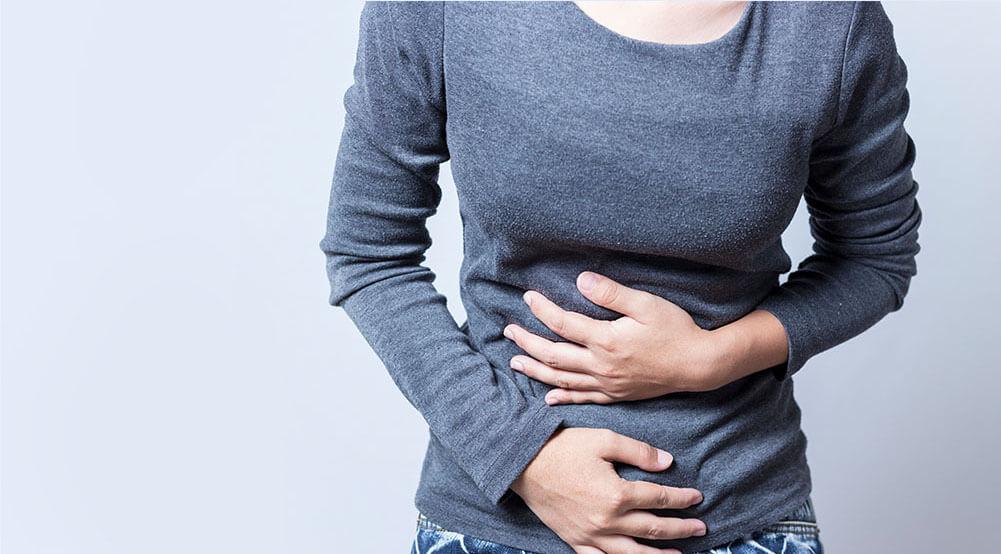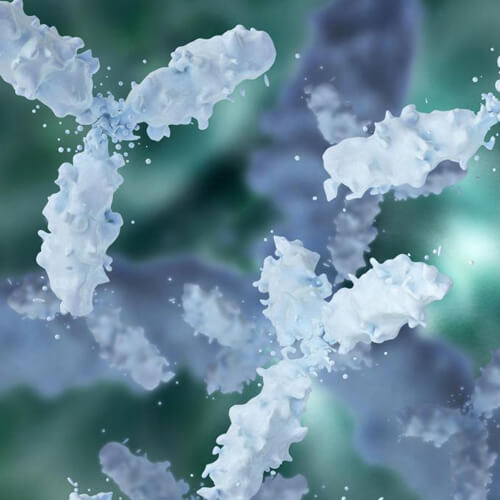Menstruation Complications That No One Talks About
Menstruation Complications That No One Talks About Normal vaginal bleeding that occurs every month in women is known as Menstruation. Menstruation is also called periods. Besides vaginal bleeding, women experience…


